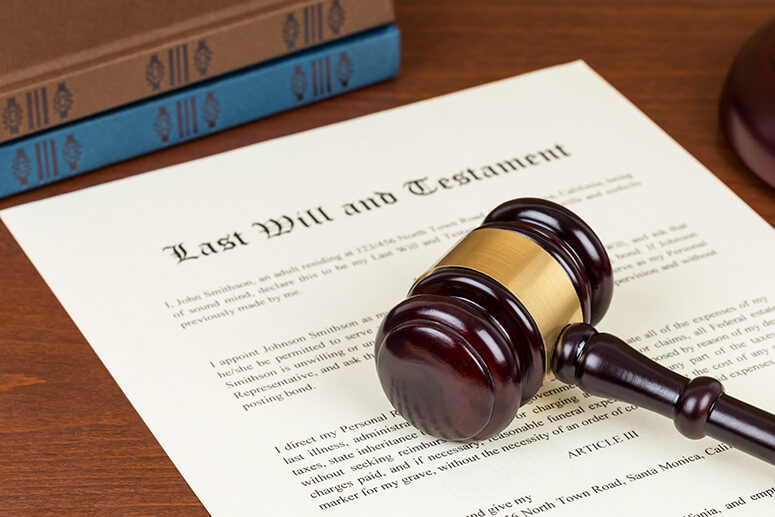End-of-life planning is one of the most challenging conversations a family can face, but having a plan in place provides peace of mind and clarity during an otherwise difficult time. It goes beyond memorial services—it’s about managing and protecting assets through estate planning. A thoughtful advance preparation supports loved ones both emotionally and financially and ensures their legacy is preserved for future generations, easing the path when the inevitable occurs.
In Filipino culture, honoring our departed loved ones is deeply woven into our social fabric. While discussing end-of-life arrangements and estate distribution remains a sensitive topic for many, early planning can provide relief during life’s most difficult chapter.
Why planning matters
Preparing for the end-of-life involves more than deciding on funeral arrangements—it’s about preserving the dignity and wishes of the individual and reducing burdens on those left behind. Early care planning helps clarify preferences on medical treatment and decision-making. Legal directives, such as living wills or healthcare proxies, help ensure medical care aligns with one’s preferences. These documents outline critical choices ahead of time, giving families the chance to focus on honoring their loved one’s memory rather than grappling with uncertain decisions during crises and emergencies. Those with advance directives experience less stress and conflict during such times, as their loved one’s wishes are clear and accessible.
Securing a legacy

Estate planning is a crucial part of end-of-life arrangements. It involves managing how assets—such as property, savings, and personal items—are transferred to beneficiaries. An estate plan may include a will, trusts, or other documents that clearly outline asset distribution and protect beneficiaries from unnecessary taxes and legal hurdles.
According to Respicio and Co. Law Firm, because of the intricate legalities of estate planning in the Philippines, it’s very crucial to consult with legal professionals knowledgeable in the field. AXA also shared that planning estates is done to reduce the estate tax, which is currently at 6% when the assets are transferred to the beneficiaries’ names. Planning with a professional can help establish a detailed estate plan that reflects the individual’s values and protects their family from added financial stress. When there is an effective estate plan in place, families can avoid probate delays and minimize inheritance taxes, securing financial stability for those left behind and giving them peace of mind during a challenging time. It goes beyond asset division; it ensures a seamless transition while preserving the deceased’s wishes and legacy in a comprehensive, legally protected way.
Types of memorial options
A meaningful farewell can take many forms, and today’s memorial services echo a wide range of values–from traditions to eco-consciousness. Understanding your choices offers flexibility to honor a loved one in ways that align with their principles.
Traditional burials and cremations—where family members may keep ashes in a personalized urn, scatter them at a meaningful location, or place them in a vault—provide options for cemetery plots, caskets, headstones, or columbarium placement, often allowing customization to honor the individual’s heritage or beliefs. Eco-friendly or green burials present a sustainable alternative, using biodegradable materials and natural sites that allow the land to regenerate (like planting trees); options like memorial reefs also support marine habitats. Personalized keepsakes, like memorial jewelry or diamonds crafted from carbon in the ashes, provide tangible reminders and comfort for families to keep their loved ones close. Lastly, digital and virtual memorials enable interactive online tributes, ideal for families spread across distances, where photos, stories, and well-wishes can be shared and accessed in a lasting virtual space.
Making informed decisions
When planning for legacy and end-of-life arrangements, always consider factors such as budget alignment to match the family’s current means and future needs; expert’s advice on estate planning; accessibility of burial location to family members; researching the financial stability of the chosen service provider or memorial company and credibility of the legacy planning expert; and careful review of the contract terms. It is also advisable to consult with specialists like licensed financial advisors for planning guidance; second opinion of other legal professionals for estate planning; memorial service providers for specific package details; and grief counselors or spiritual advisors for emotional support. Understanding every available alternative and preparing an estate plan can create a farewell that respects a loved one’s life and secures their legacy.
Emotional value of planning
Thoughtful end-of-life and legacy planning, while emotionally challenging, is an act of love, care, and compassion for family and loved ones. By understanding every course of action to make informed decisions and addressing arrangements early, families can experience less anxiety and grief and instead focus on what matters most during difficult times—knowing they are fulfilling their departed loved one’s wishes, remembering them, and healing and moving on. It might be hard but it brings immeasurable relief and clarity to families, letting them create a meaningful goodbye. Preparing in advance also helps honor a loved one’s memory while lightening the emotional load for those who remain.
